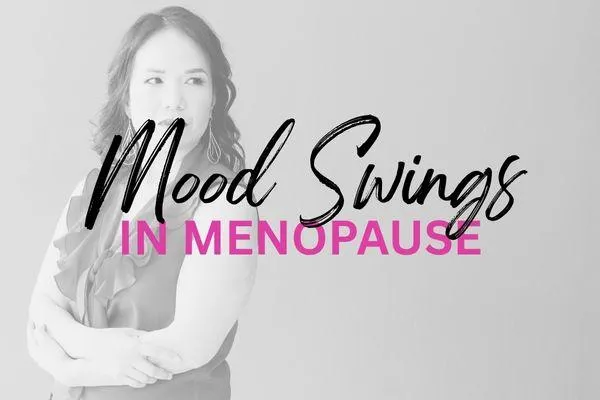
Mood Swings in Menopause: Why They Happen
Emotional ups and downs are common during perimenopause and menopause. Many women feel irritable, tearful, or easily frustrated, often without clear triggers.
The Hormone Connection
Estrogen influences neurotransmitters like serotonin (which stabilizes mood) and dopamine (linked to motivation and pleasure). Progesterone produces calming compounds that act on the brain. As these hormones fluctuate or decline, mood regulation becomes more challenging, leading to swings in emotions.
Other Contributing Factors
Sleep disruption, hot flashes, and increased stress during midlife can further amplify mood instability. Fatigue and hormonal changes often combine to create a cycle of emotional sensitivity.

What Helps
Meals: Balanced protein + complex carbs prevent dips
Movement: Exercise releases endorphins
Mind: Mindfulness + therapy regulate emotions
Meds: Hormone therapy or SSRIs if needed
The Bottom Line
Mood swings during menopause are not a sign of weakness. They are a biological response to hormonal changes and can be managed with the right strategies.
